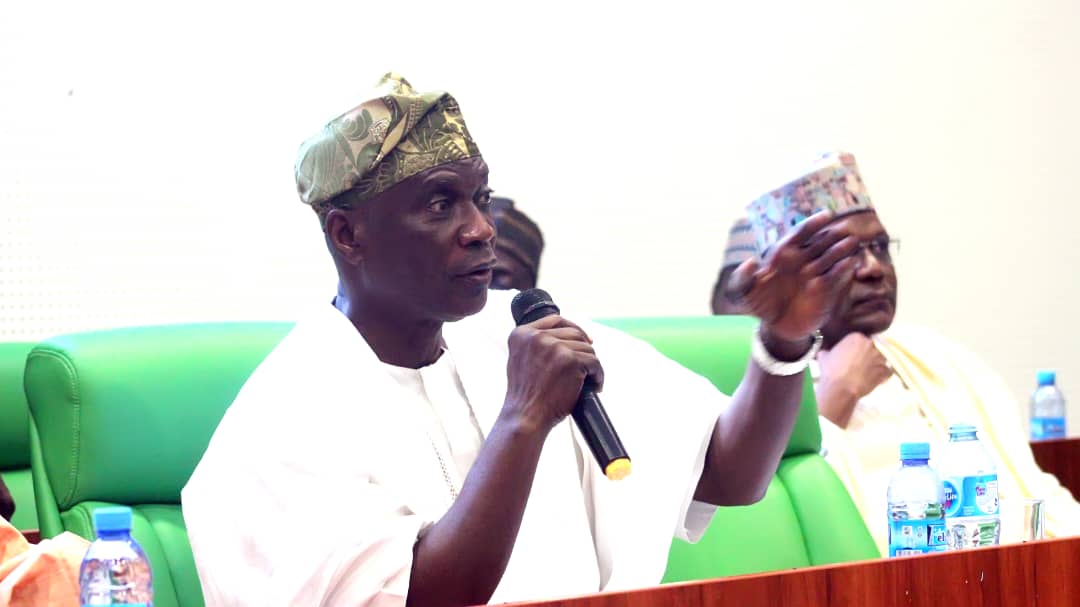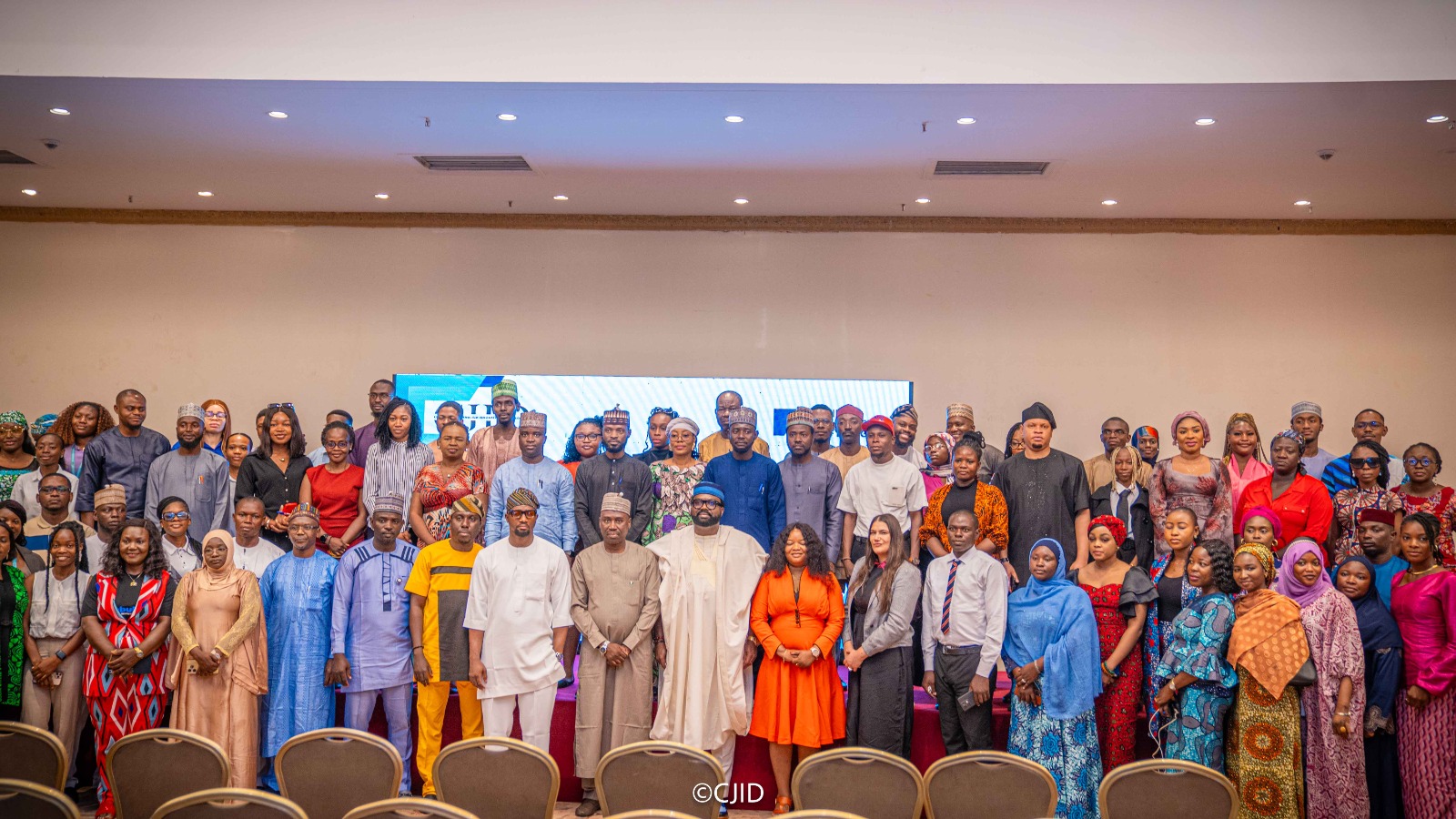Reps Probe ₦498.7m Unpaid Bird Flu Compensation, Call for Swift Reforms in Livestock Sector

The House of Representatives has launched a probe into the Federal Government’s failure to pay ₦498.7 million in compensation to 307 poultry farmers who lost their birds to avian influenza outbreaks between 2021 and 2023, as part of a broader pushed to reform Nigeria’s livestock industry.
Chairman of the House Committee on Livestock Development, Hon. Wale Raji, announced the investigation during a public hearing on six livestock-related bills held on Thursday at the National Assembly Complex, Abuja.
The bills seek to establish new livestock colleges, research institutions, and capacity-building centres across the country, aimed at boosting animal production, veterinary training, and innovation in the sector.
Hon. Raji said the public hearing was designed to generate stakeholder input on addressing long-standing challenges in the livestock value chain while ensuring justice for farmers affected by bird flu.
“We are deeply concerned about the prolonged delay in compensating affected poultry farmers,” Raji said. “Our committee will ensure fairness, accountability, and transparency in the entire process.”
Representing the Permanent Secretary of the Ministry of Livestock Development, Dr. Chinyere Akujobi, the Director of Veterinary Services, Dr. Adeniyi Adedoyin, revealed that ₦3.16 billion had earlier been disbursed to 1,055 farmers affected by previous outbreaks, but the latest ₦498.7 million remains unpaid due to inadequate budgetary allocation.
Adedoyin explained that since the suspension of the Animal Diseases Emergency Fund in 2021, the government has lacked a dedicated mechanism for rapid response to disease outbreaks. He also reported a new avian influenza outbreak in Wukari, Taraba State, where 2,050 birds were culled without compensation.
He attributed the delay to funding gaps and the low level of insurance among farmers, as required under the revised Federal Executive Council (FEC) compensation framework, which mandates cost-sharing of 50% by the federal government, 25% by states, and 25% by farmers.
Hon. Raji emphasized that the House Committee’s intervention aligns with the National Livestock Transformation Plan (NLTP), aimed at modernizing livestock practices, strengthening veterinary services, and improving food security.
“Our priority is a sustainable livestock sector that promotes food security, job creation, and economic diversification,” he said. “We will ensure affected farmers receive their due compensation and advocate for the re-establishment of an emergency fund to prevent future disruptions.”
Among the bills under consideration is one sponsored by Hon. Bello Ka’oje (Kebbi State), seeking to establish the Federal College of Animal Husbandry, Ka’oje. The proposed institution aims to be a centre of excellence for breeding, animal health, and livestock innovation.
Ka’oje underscored the urgency of improving Nigeria’s competitiveness in global livestock production, noting that as of 2022, the country ranked 94th in milk production and 33rd in meat production—lagging behind regional peers like Egypt, Kenya, and Ethiopia.
READ ALSO: Experts task physicians on regular health check At FMC Ebute Metta MDCAN Conference
Concluding the session, Hon. Raji reaffirmed the House’s commitment to transparency, inclusiveness, and accountability in livestock governance.
“We will leave no stone unturned in repositioning the livestock industry as a driver of national growth, rural development, and economic resilience,” he stated.





